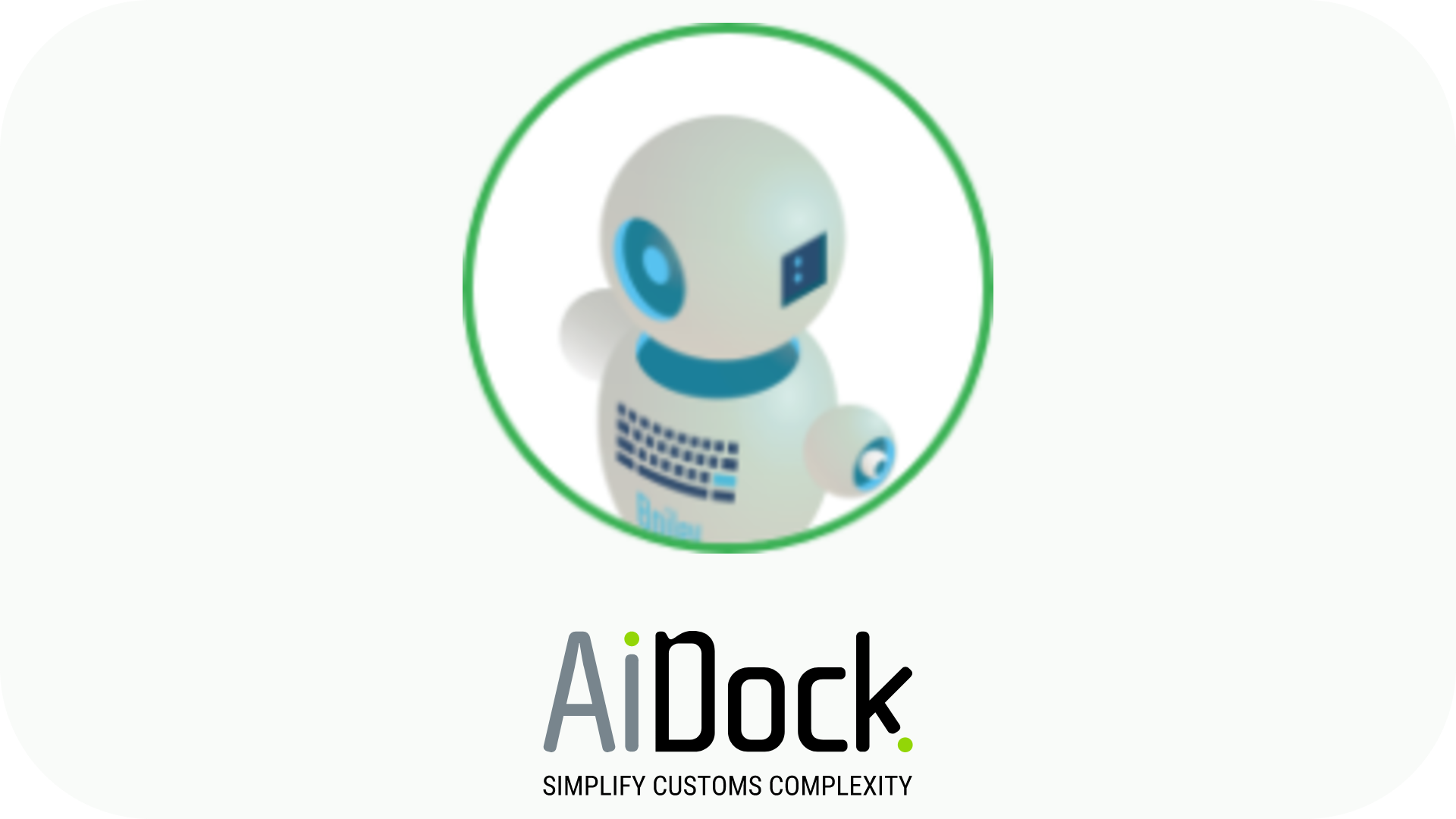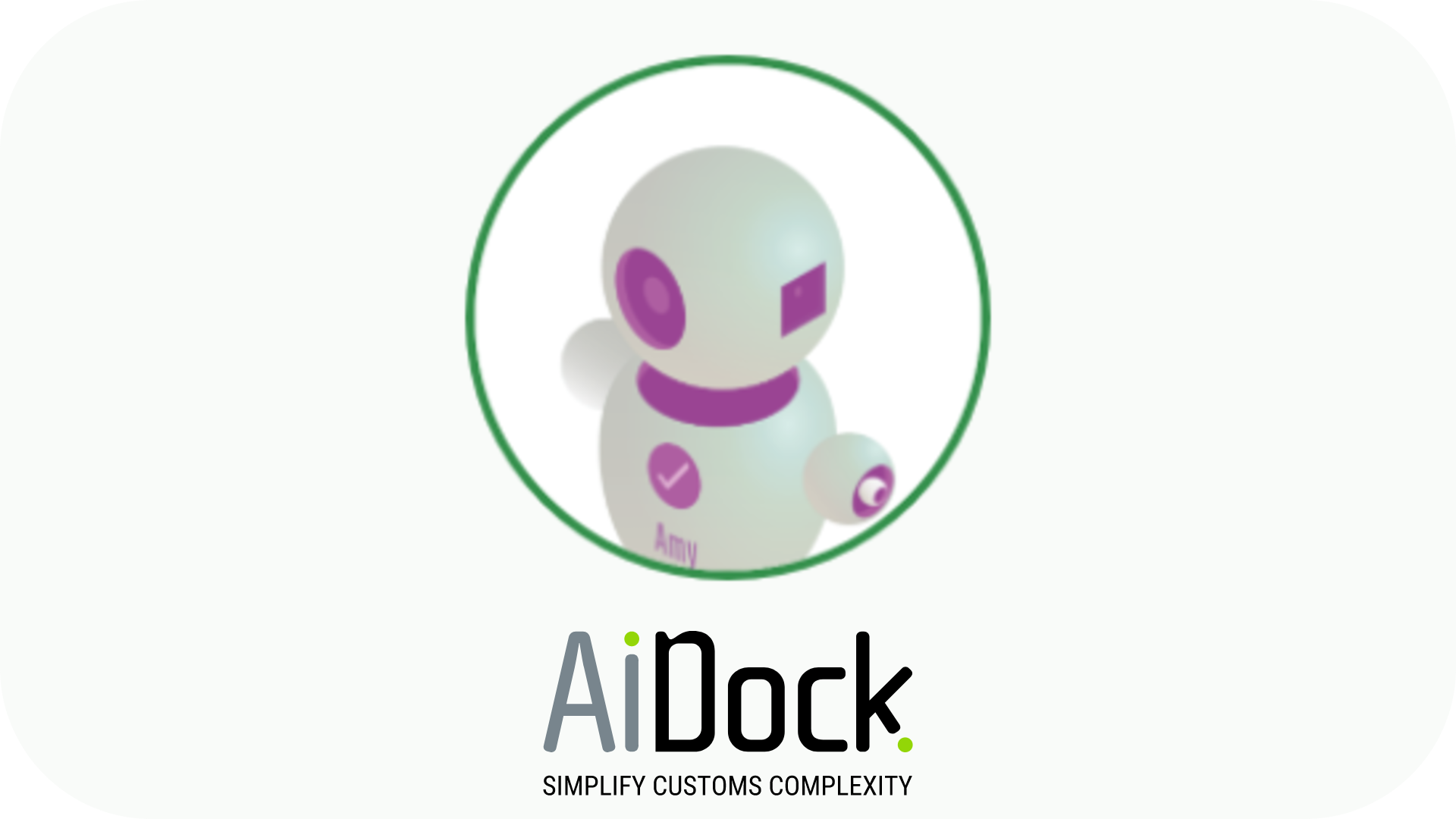Artificial Intelligence (AI) plays a pivotal role in this digital revolution, offering innovative solutions that streamline operations, reduce costs, and enhance decision-making processes.
Enhanced Visibility and Predictive Analytics
One of the most significant challenges in the logistics industry is maintaining visibility across the supply chain. AI-driven tools and platforms have revolutionized how BCOs and freight forwarders track and manage cargo, offering real-time tracking capabilities and predictive analytics. These technologies can forecast delays, predict transit times with greater accuracy, and identify potential disruptions before they occur. By leveraging AI, companies can proactively manage their supply chains, reducing the risk of unforeseen delays and improving overall efficiency.
Automated Documentation and Compliance
The logistics industry is heavily regulated, requiring a plethora of documents and strict compliance with international trade laws. AI has transformed this cumbersome process by automating documentation and ensuring compliance through intelligent systems. These AI solutions can process and analyze large volumes of data, ensuring that all paperwork is accurate and compliant with relevant regulations. This not only speeds up the documentation process but also significantly reduces the risk of human error, saving time and resources for BCOs and freight forwarders.
Optimized Routing and Capacity Utilization
AI algorithms excel in identifying the most efficient routes for cargo transportation, taking into account various factors such as weather conditions, port congestion, and cost. This optimization leads to significant fuel savings and reduced transit times. Additionally, AI technologies enable better capacity utilization by accurately forecasting demand and aligning it with available resources. This ensures that freight forwarders can maximize their operations, reducing empty runs and improving the sustainability of logistics operations.
Enhanced Customer Service
Customer expectations in the logistics industry are higher than ever, with clients demanding quick, transparent, and reliable services. AI-powered chatbots and customer service platforms enable BCOs and freight forwarders to offer 24/7 support, providing instant responses to inquiries and real-time updates on cargo status. These technologies not only improve customer satisfaction but also allow companies to streamline their customer service operations, freeing up human resources for more complex tasks.
The Future Outlook
As AI technologies continue to evolve, the potential for further transformation in the logistics industry is vast. Innovations such as autonomous vehicles, AI-driven warehouse management systems, and blockchain for secure and transparent transactions are on the horizon. These advancements promise to further enhance efficiency, reduce costs, and improve the reliability of global supply chains.
In conclusion, the role of AI in the digital transformation of BCOs and freight forwarders is both transformative and expansive. By leveraging AI, companies can improve visibility, enhance efficiency, and offer better services to their clients. As we look to the future, the continued integration of AI into logistics operations will undoubtedly shape the next frontier of global trade and transportation. The journey towards a more digital and AI-driven logistics industry is well underway, promising a future of increased innovation, efficiency, and sustainability.
FAQ
How does AI enhance supply chain visibility for BCOs and freight forwarders?
AI enhances supply chain visibility by offering real-time tracking capabilities and predictive analytics. These AI-driven tools allow BCOs and freight forwarders to monitor cargo across the entire supply chain actively, predict potential delays, and identify disruptions before they occur. This level of visibility enables companies to manage their operations proactively, ensuring timely deliveries and minimizing risks associated with unforeseen challenges.
In what ways does AI automate documentation and compliance in the logistics industry?
AI automates documentation and compliance by processing and analyzing large volumes of data to ensure accuracy and adherence to international trade laws. Intelligent AI systems can generate, review, and manage necessary shipping documents, check for compliance with global regulations, and flag any discrepancies for correction. This automation significantly speeds up the documentation process, reduces the likelihood of errors, and helps maintain compliance, thereby streamlining logistics operations and saving valuable time and resources.
What future AI innovations are expected to further transform the logistics industry?
The future of AI in logistics points towards several groundbreaking innovations, including autonomous vehicles for transportation, AI-driven warehouse management systems for optimized storage and retrieval processes, and the integration of blockchain technology for secure, transparent transactions. These advancements are expected to further enhance operational efficiency, reduce costs, and improve the sustainability and reliability of supply chains. As AI technology continues to evolve, its integration into logistics and supply chain management will likely bring about even more significant transformations, setting new standards for innovation and efficiency in the industry.



